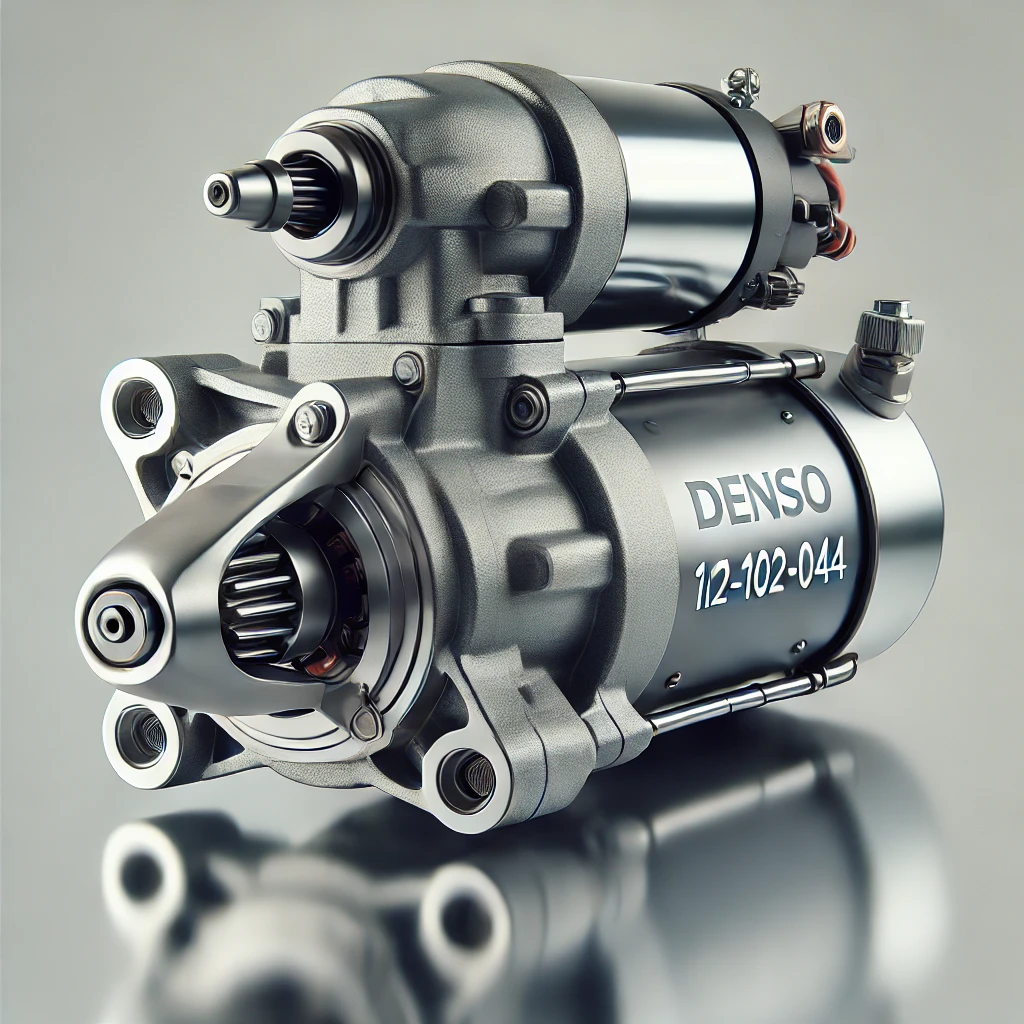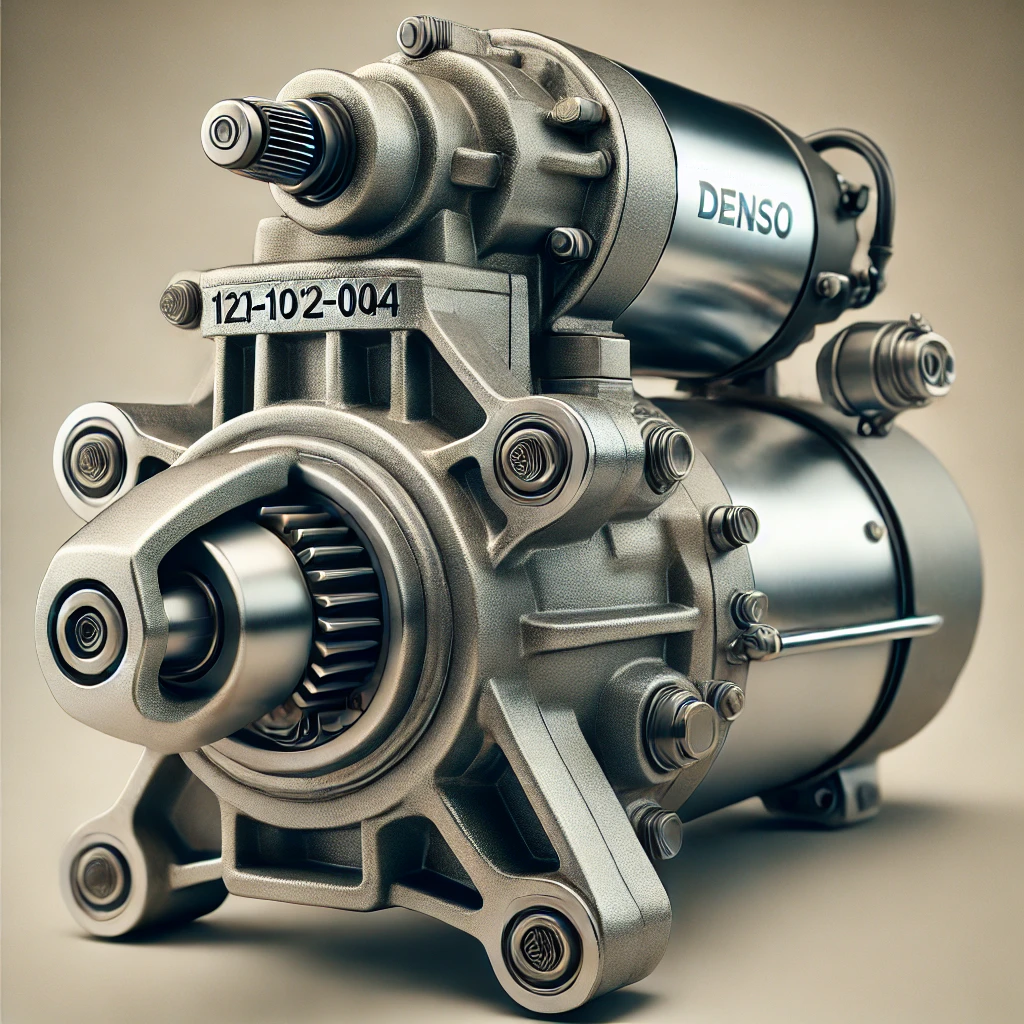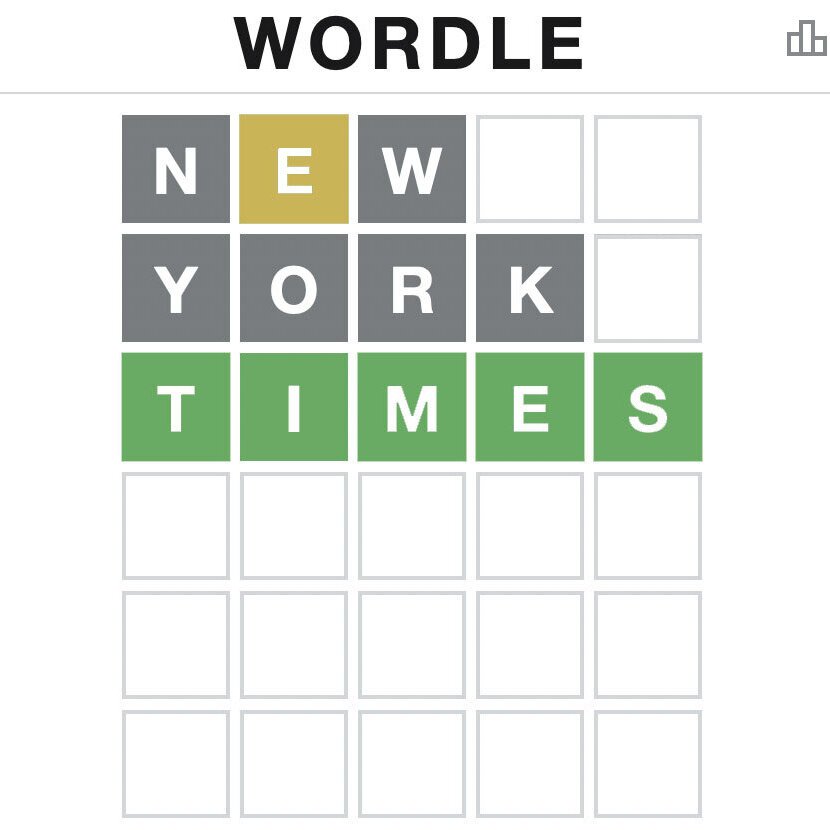If you’ve ever popped the hood of your car, heard a clicking noise, and found yourself scratching your head, you’re not alone.
One of the first things to suspect?
Your 121-102-0041 starter.
This small, often overlooked component is at the heart of your car’s ability to start, and when it goes bad, it leaves you stranded.
But what exactly is the 121-102-0041 starter, and why should you care?
Let’s dive into real-world concerns and clear up those questions.
Why is My Car Not Starting? Is It the 121-102-0041 Starter?
Imagine you’re running late for work, and your car won’t start.
Is the battery dead?
Maybe, but let’s not jump to conclusions.
The 121-102-0041 starter is a key player in getting that engine going.
The starter is the piece of equipment responsible for turning the engine over when you turn the key or push the button.
Without it, nothing happens.
When this starter fails, your car might give you signs like a clicking noise, a slow cranking engine, or no noise at all.
These are all symptoms of a problem with your 121-102-0041 starter.

How Long Should the 121-102-0041 Starter Last?
Typically, a car’s starter should last between 100,000 to 150,000 miles.
Sounds like a long time, right?
But even the most durable parts wear out, and factors like driving conditions and how often you start your car can affect this.
If you’re doing a lot of stop-and-start driving, like running errands or working in delivery, your starter will wear out faster.
The 121-102-0041 starter is built to last, but nothing lasts forever.
When it does fail, it’s essential to know what you’re dealing with.
How Do I Know if the 121-102-0041 Starter is Bad?
Alright, let’s get practical.
How do you know if it’s your 121-102-0041 starter that’s the problem and not something else?
Here are some key signs to watch out for:
- Clicking sound when turning the key but no crank
- Slow cranking before the engine starts
- Grinding noise as the starter struggles to engage
- Smoke from under the hood (worst-case scenario)
- No response at all when trying to start
If any of these sound familiar, it’s time to take a closer look at your starter.
Can I Fix or Replace the 121-102-0041 Starter Myself?
Now, if you’re someone who likes getting your hands dirty, you might be tempted to fix it yourself.
But here’s the deal:
Replacing a 121-102-0041 starter isn’t as easy as swapping out a light bulb.
It involves jacking up your car, dealing with electrical components, and sometimes removing other parts to get to the starter.
If you’re comfortable with tools and have experience working on cars, you can save some cash doing it yourself.
But if you’re new to car repairs, it’s probably a good idea to leave this one to the pros.
A bad installation could cause bigger problems down the road.

What’s the Cost of Replacing a 121-102-0041 Starter?
Let’s be real, car repairs can get expensive.
A 121-102-0041 starter replacement typically costs between $300 and $500, including parts and labor.
If you go the DIY route, expect to pay about $100 to $200 just for the part.
But remember: saving money isn’t worth it if you end up needing more repairs because something went wrong during the install.
FAQs about the 121-102-0041 Starter
Q: Can a failing starter damage other parts of my car?
A: Yes, a failing 121-102-0041 starter can damage the flywheel or cause excessive battery drain if it keeps trying to engage without success.
Q: Is there a way to test the starter before replacing it?
A: Yes, many mechanics can perform a starter test. They’ll measure how much power is going to the starter to see if it’s getting enough juice from the battery or if it’s truly the problem.
Q: Are there different types of starters, and does it matter which one I get?
A: Absolutely. Starters come in different designs based on the car model. The 121-102-0041 starter is designed specifically for certain vehicles, so make sure you’re getting the right one for your car.
Q: Can a bad starter affect my battery?
A: Yes, if your starter isn’t working correctly, it can drain your battery as it continues to try and crank the engine. This can leave you with both a bad starter and a dead battery.
Why Ignoring the 121-102-0041 Starter Isn’t a Good Idea
It might be tempting to ignore the signs of a failing starter, especially if your car still starts occasionally.
But trust me, this is one of those things that can leave you stranded.
A faulty 121-102-0041 starter only gets worse over time, and eventually, your car won’t start at all.
Getting it fixed before it completely fails is the smart move.
Real-Life Example: The Day My Starter Left Me Stranded
Let me tell you a quick story.
One morning, my friend Sarah called me in a panic.
Her car wouldn’t start, and she had an important meeting in an hour.
I asked her what she heard when she turned the key, and sure enough, it was that tell-tale clicking sound of a bad starter.
Luckily, she was near a shop, but the mechanic confirmed it — her 121-102-0041 starter had finally bit the dust.
She ended up missing her meeting and getting stuck with an unexpected $400 repair.
The lesson? When your car gives you signs, listen.
Don’t wait until you’re stuck on the side of the road.
Final Thoughts: Don’t Wait on Your 121-102-0041 Starter
So, if your car is acting up, don’t ignore the problem.
The 121-102-0041 starter is crucial for getting your car up and running.
Pay attention to the signs, and if you’re not sure, have a mechanic check it out.
After all, you’d rather spend a couple hundred bucks now than end up stranded and paying more later, right?
Make sure your car’s starter is up to the task before it leaves you high and dry.
Remember, the keyword here is 121-102-0041 starter, and it might just save you a big headache later.
Now that you know the signs, keep an eye (or ear) out for any issues, and take action before it’s too late.





